Kenyan Student Defers Studies for US Internship to Advance Livestock Production in Africa
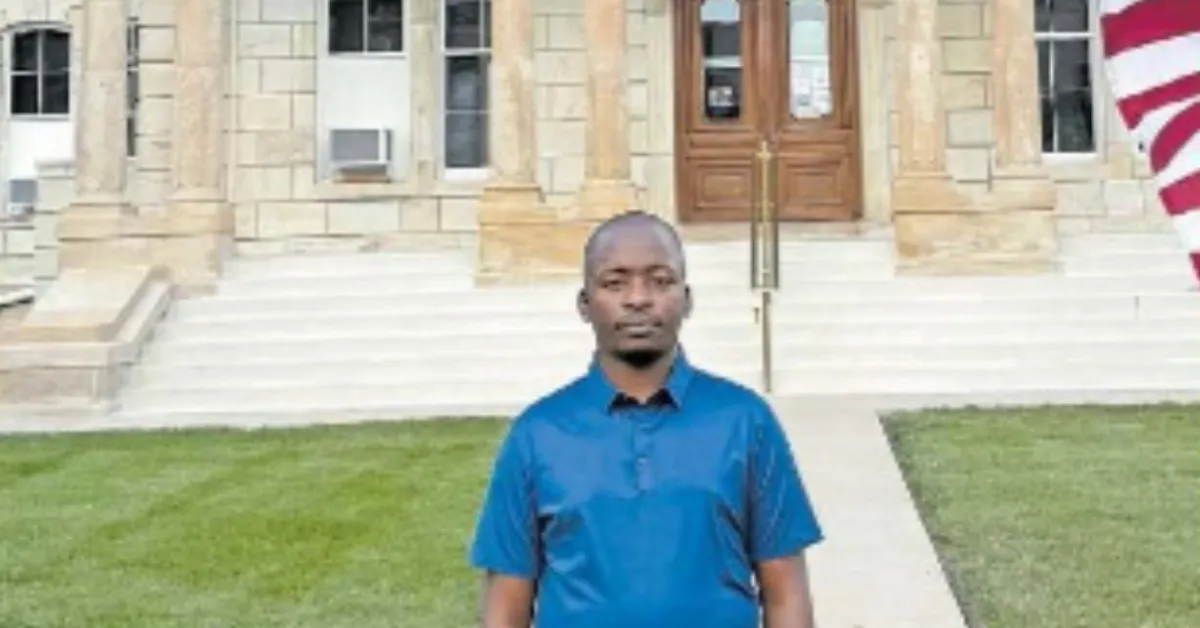
A veterinary student at Egerton University is leveraging international expertise to tackle the persistent challenges of food security across Sub-Saharan Africa.
Lawrence Muchemi, a final year student of Veterinary Medicine and Surgery, is poised to implement advanced livestock production strategies in a region grappling with agricultural resilience. Muchemi's commitment to veterinary medicine was ignited during his secondary school years after coming across the 'Vet-on-Call' series, an article provided by his father. The publication highlighted the wide range of career avenues available to veterinary graduates, spurring an interest that he subsequently pursued at Egerton University.
After excelling in his academic work, he sought mentorship from the article’s author in his penultimate year of study, navigating the intricacies of veterinary medicine.
This initial connection proved pivotal when Muchemi secured a one-year practical learning opportunity in the United States through the J-1 Visa Exchange Programme. This prestigious opportunity presented Muchemi with a difficult decision, requiring the deferral of his studies.
After careful consideration and guided by mentorship, he recognised the potential value of international experience in his future career and accepted the placement.
Currently, Muchemi is stationed at Rose Acre Farms in Indiana, the second-largest egg producer in the United States. He is engaged in hands-on training in advanced poultry production methodologies, including precision nutrition, flock management, biosecurity protocols, and data-driven farm management. These capabilities, while standard in modern livestock production, are often underdeveloped in many parts of Africa.
"This isn’t just an internship. It is a bridge between nations, industries and ideas,” says Muchemi.
Muchemi’s philosophy aligns with Egerton University’s guiding principle: “No feed in food.” The mantra underscores the importance of optimising livestock nutrition without compromising human food supplies—a delicate balance in regions where competition for resources is acute. As he explains, "Food sustains humans, while feed sustains livestock," stressing the need for strategic interventions in animal health and nutrition to build resilient food systems.
His tenure at Rose Acre Farms is providing him with practical skills to address these challenges directly. From maintaining facilities to improving operational efficiencies, Muchemi is learning the complexities of profitable poultry farming, skills he intends to adapt to the African context.
“The gap between developed and developing nations isn’t just about resources. It is knowledge, expertise, technology and policy,” he notes.
This perspective is particularly relevant in Kenya, where livestock production is primarily subsistence-based. The limited uptake of production technology has impeded progress, hindering the scaling of operations and the meeting of hygiene and efficiency standards. Muchemi advocates for the need to invest in agricultural infrastructure and technology, strengthen livestock nutrition and welfare policies, and cultivate global partnerships to empower local professionals. His vision hinges on the idea that sustainable change requires international collaboration across disciplines.
Cross-cultural exchange programmes like the J-1 Visa initiative are essential in bridging knowledge gaps and facilitating professional development.
Muchemi’s story exemplifies how personal ambition, cultivated through mentorship and global exposure, can catalyse systemic change. While his decision to defer his graduation might place him a year behind his peers, it positions him ahead in terms of expertise and readiness to address real-world challenges.
Upon his return to Kenya, Muchemi intends to implement scalable solutions to enhance livestock productivity, improve biosecurity, and promote sustainable farming practices. His goal is to contribute to a comprehensive transformation of Africa’s agricultural landscape.

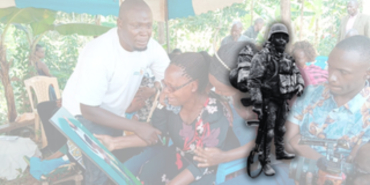




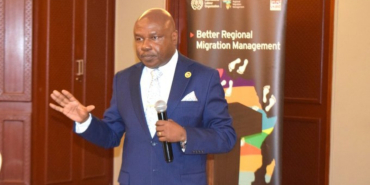

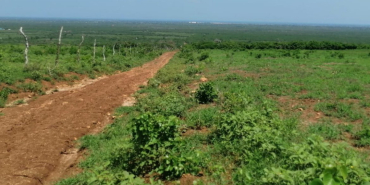
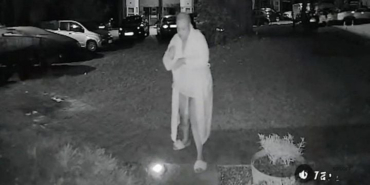
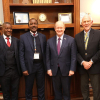



Add new comment